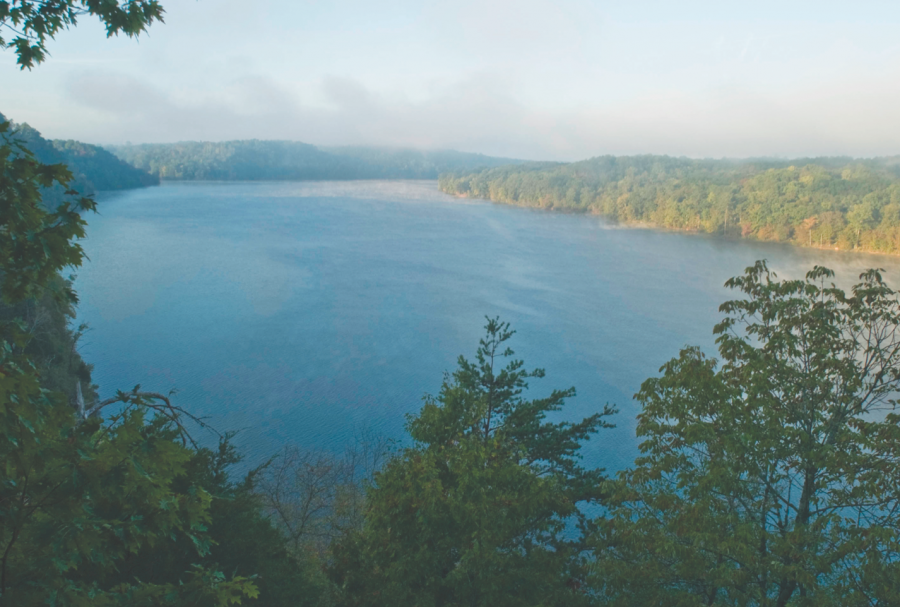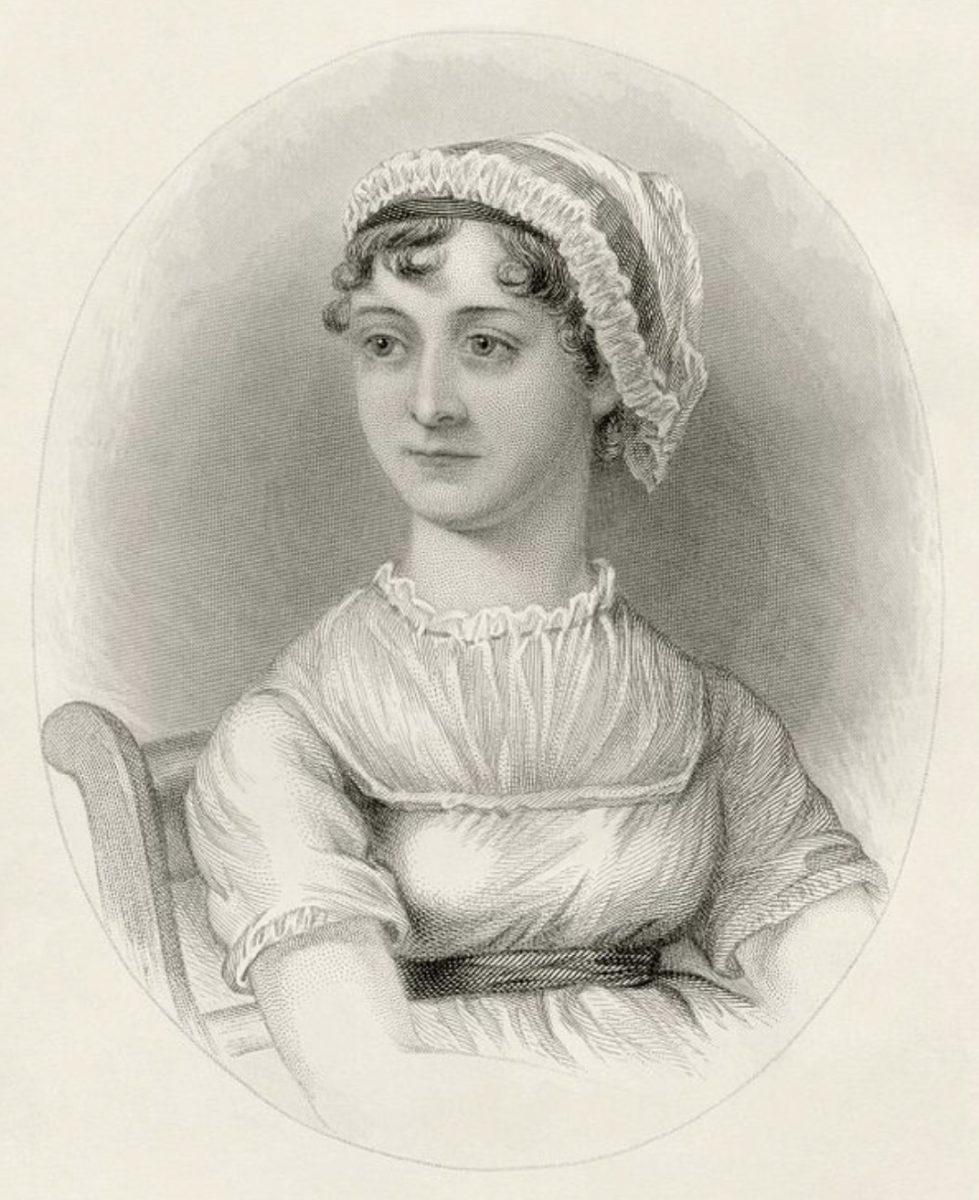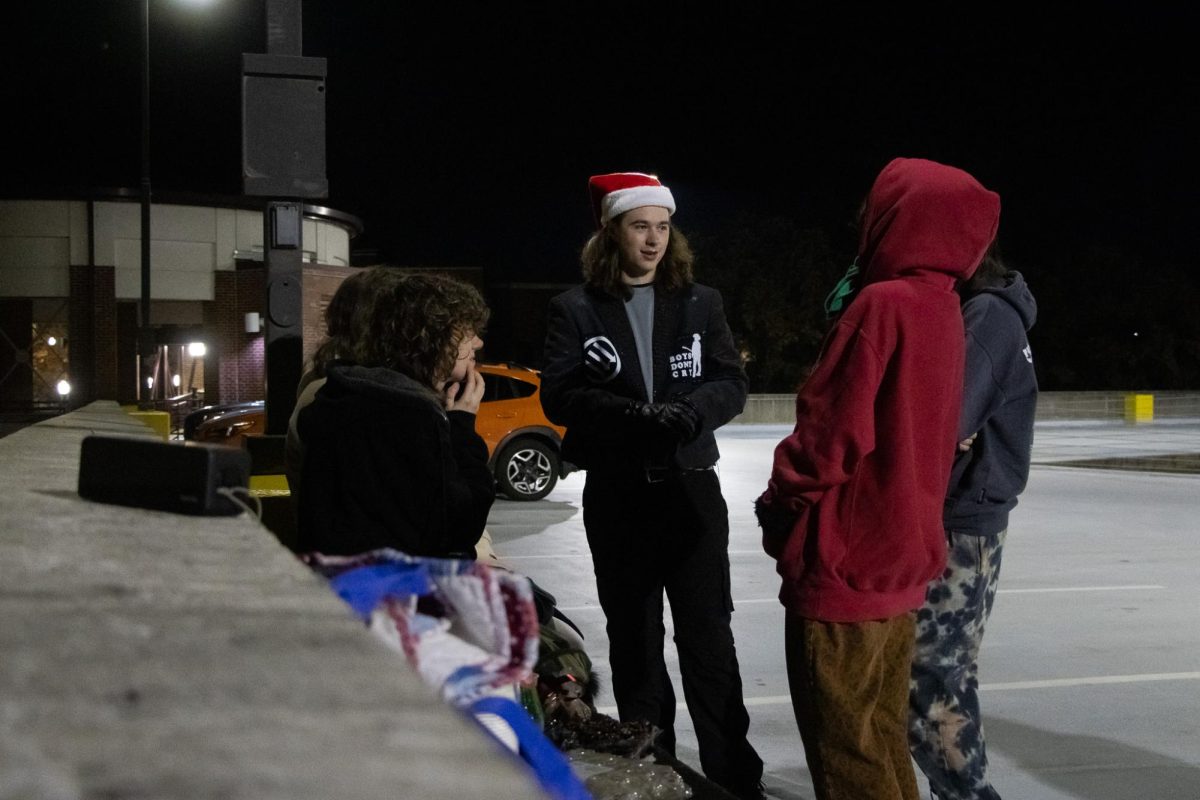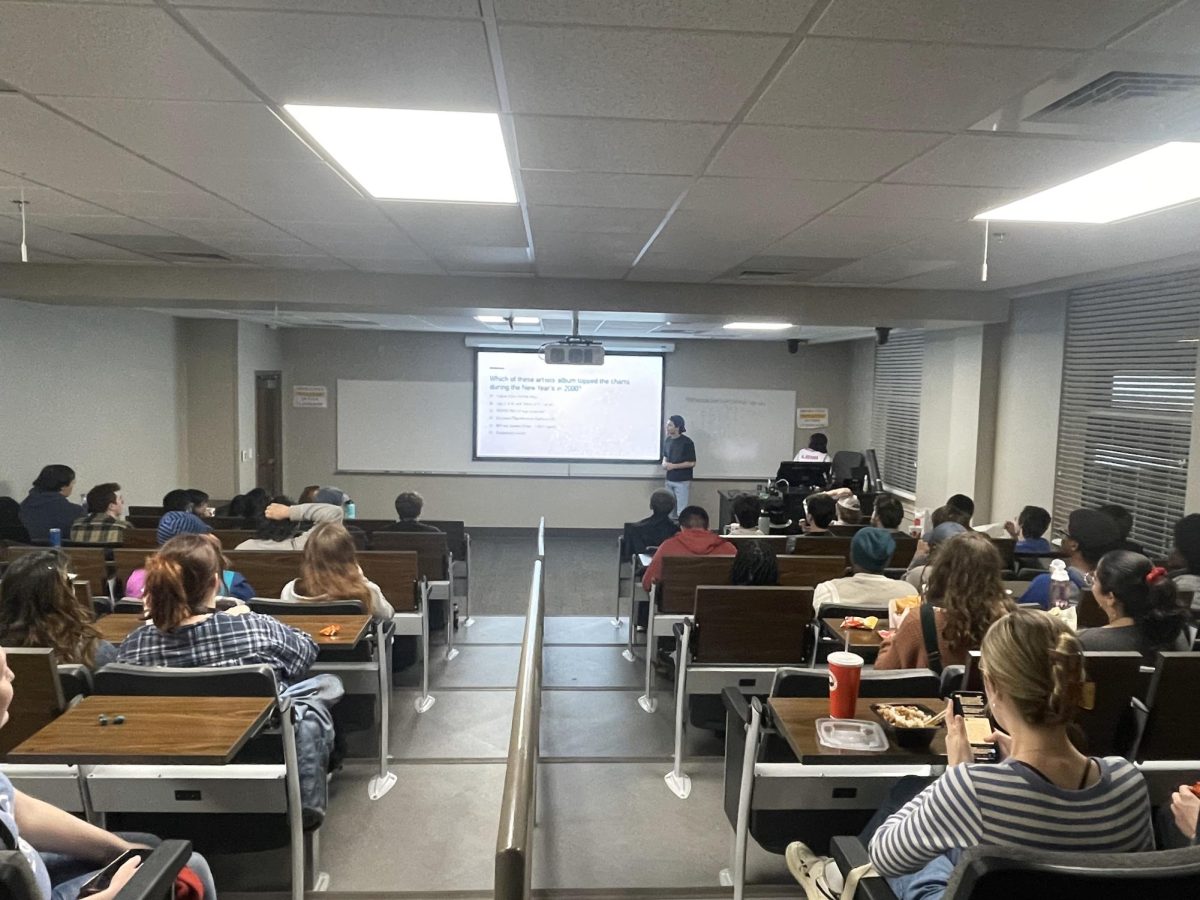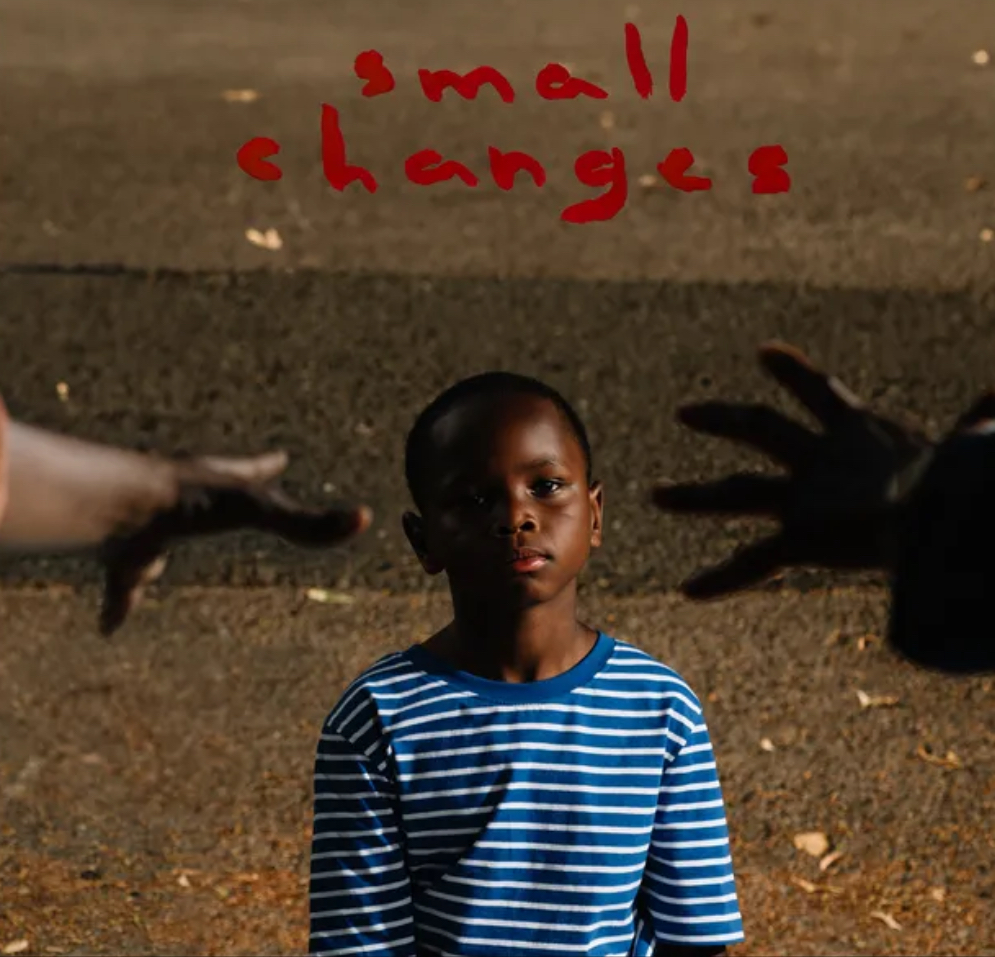Gillian Richard, a University of Alabama public relations student and Black Warrior Riverkeeper intern will have a little more help now cleaning up the Black Warrior river.
Richard recently received the Curtis and Edith Munson Foundation grant from the UA College of Communication and Information Sciences department. The grant is for Richard to work with the Black Warrior Riverkeeper, which she has been interning for this summer.
Black Warrior Riverkeeper is a nonprofit, citizen-based clean water advocacy organization, founded in 2001.
“Every day is different, which is great,” Richard said. “The majority of what I’ve done so far is to be in meetings with different Tuscaloosa businesses and media in order to establish relationships with them to hopefully gain their support for our cause.”
To be considered for the process to apply for the grant, the student must first be recommended by a professor and then fill out an application. After the application process, applications are narrowed down to two candidates to be interviewed, and the recipient is chosen from the final two students.
The Black Warrior River watershed runs through 17 counties in the state of Alabama and is responsible for providing drinking water for Tuscaloosa and Birmingham, Ala.
“I feel really lucky that I’ve gotten this opportunity,” Richard said. “As a citizen of Alabama and currently in Tuscaloosa, I think it’s important that we help protect this river. It affects students during their time at Alabama, and if you’re from Alabama, it impacts our state in general.”
Scribner said the Riverkeeper staff is responsible for patrolling waterways, educating the public and holding polluters accountable throughout the entire Black Warrior River watershed.
“We identify pollution problems and work on fixing them while increasing public awareness,” Scribner said.
Scribner said on river patrol in the Riverkeeper’s laboratory analysis of pollution during their regular reviews of facilities’ records, they often find government or privately owned companies violating the Clean Water Act or other laws.
“If we find a significant and ongoing problem at a facility whose management is unwilling to improve, we can file a lawsuit to help stop the problem,” Scribner said.
In addition to patrolling the river, Scribner said the Riverkeeper is also responsible for educating the community and recruiting volunteers to engage in their work and promote educational events throughout the watershed.
“Black Warrior Riverkeeper works hard to educate the public about pollution problems as well as the positive aspects of the Black Warrior River watershed, such as its recreational, ecological, economic and scenic values,” Scribner said. “Our Riverkeeper, Nelson Brooke, enjoys making educational presentations to schools, civic organizations, churches and other groups.”
Richard said the Tuscaloosa community needs the Riverkeeper because the program sees to it that people are doing what they should do and that they recognize the consequences of not protecting the river.
“It’s such a valuable resource, not only because of our drinking water but because of the beauty it brings our state,” she said.
Richard said she plans to continue to volunteer with the Riverkeeper, even after her internship ends.
“It’s so easy to be involved with the Riverkeeper,” Richard said. “You can do a river cleanup or work at their events. Even simple things like making sure I’m being ecologically responsible helps Black Warrior Riverkeeper in the long run, because everything we do affects our water.”
Students wishing to help the effort of the Riverkeeper can volunteer through the University to help remove litter from the banks of the river, or they can provide monetary donations.
Kendyl Shelton, a sophomore majoring in nursing, participated in a river cleanup on the University’s Earth Day edition of Day of Service.
“I went into it thinking it was going to be disgusting and boring, but we mostly found plastic and cans, and we found some cool stuff like old car parts too,” Shelton said. “I think it’s really important for people to keep the river clean, especially since it provides drinking water. It’s never a good idea to just throw your trash on the ground no matter where you are, because you don’t know where it will end up or who it will harm.”
Those wishing to volunteer can contact Charles Scribner at [email protected], or they can find more information through the University’s Service Learning Pro website.



